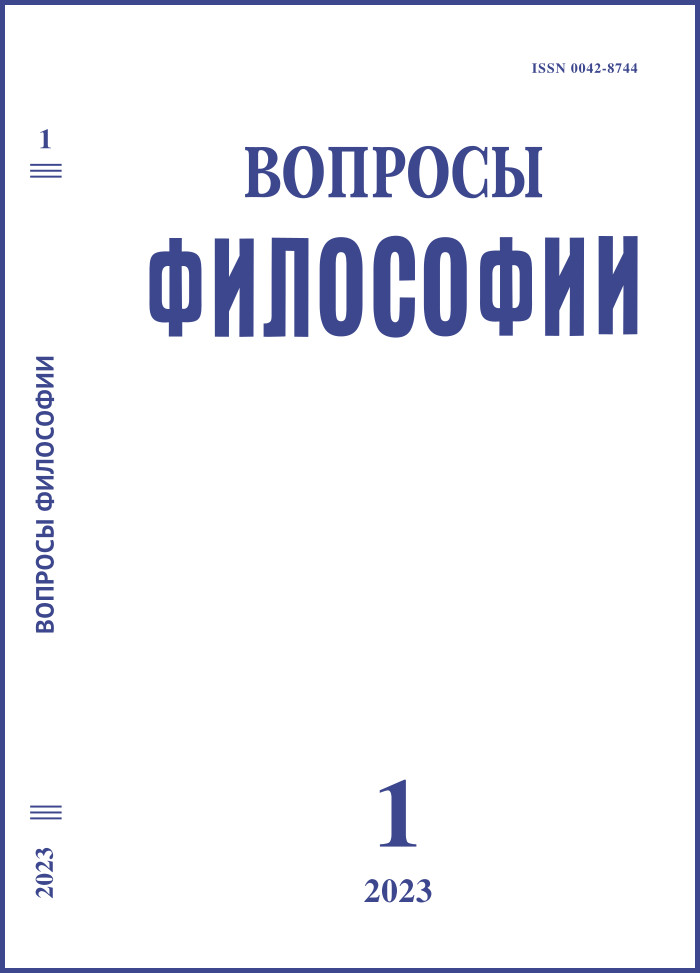Digital Bioethics: Disciplinary Status between Tradition and Computation
DOI:
https://doi.org/10.21146/0042-8744-2023-1-94-103Keywords:
этика, биоэтика, цифровая биоэтика, социально-гуманитарная экспертиза, цифровое здравоохранение, цифровое здоровьеAbstract
The article highlights and analyzes the concept of “digital bioethics” as the use of digital methods for empirical research in bioethical discourse. The leader of bioethical research in Russia, Boris Grigoryevich Yudin, predicted an expansion of the range of social technologies that ensure effective public participation in the discussion and solution of problems in the field of science and technology. The spread of bioethical discourse in the digital space caused the formation of the concept of “digital bioethics”. The concept of “digital bioethics” has not been used so far in the Russian research literature, however, a number of topics discussed by Russian authors are close to the various aspects that digital bioethics draws attention to in its disciplinary formulation. Digital formats for understanding complex ethical issues in the public space, without canceling analogous forms of bioethical discussions, give rise to a new reality of bioethical discourse, which becomes the subject of digital bioethics using digital methods of empirical bioethical research. At the same time, there is no change in the understanding of the subject of bioethics. Digital methods of data collection and analysis contribute to the development of empirical bioethics through attention to the subjective experience of an individual and social groups, reflected in public discussions in the digital space, and can also describe the digital landscape of the operation of bioethical principles.

